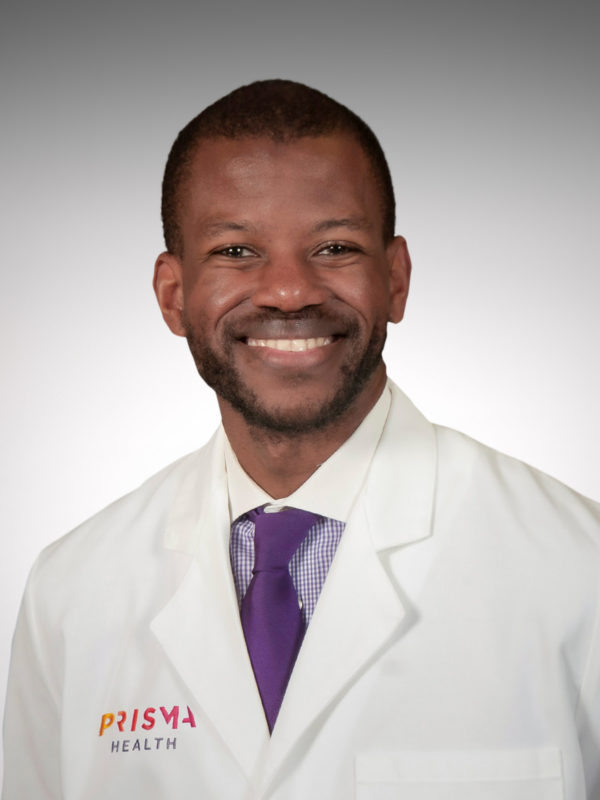Do I have social anxiety disorder?
Feeling nervous in large crowds or being shy in social situations is common and doesn’t mean you have social anxiety. However, diagnosed anxiety disorders have recently been on the rise. Psychiatrist Frank Clark, MD, explained what social anxiety disorder is and how it’s treated.
What is social anxiety disorder?
“Social anxiety disorder is one of the most common mental health conditions,” Dr. Clark said. Patients with social anxiety disorder avoid social situations due to fear of being judged or ridiculed.
Many people with anxiety disorders also have co-occurring mood disorders like depression. If the anxiety is not well controlled, the depression gets worse, and if the depression is not well controlled, the anxiety can worsen.
“Sometimes individuals will use alcohol as way to help reduce their anxiety in social situations,” Dr. Clark said. “Studies have shown that one-fifth of individuals with social anxiety disorder also suffer from alcohol use disorder.”
What is the treatment for social anxiety?
Medications are considered just one piece of the puzzle. Selective serotonin reuptake inhibitors, or SSRIs, increase serotonin levels in the brain, which can be beneficial for individuals with social anxiety. Brand names include Zoloft, Paxil, Prozac and Lexapro.
Cognitive behavioral therapy has also been shown to help improve the quality of life and overall functioning of individuals with social anxiety disorder.
Once you start taking medication for depression, do you need to take it forever?
“The more depressive episodes someone has, the more likely it is that they’re going to require medication throughout their life,” Dr. Clark explained.
American Psychiatric Association guidelines recommend staying on antidepressants at least 4–5 months when a person has experienced their first episode of depression, and maintenance therapy with antidepressants is recommended for those individuals who have had three or more prior major depressive episodes.
“I believe it is important to involve the person in a shared decision-making process and discuss the risk versus benefits of discontinuing medications regardless of the number of depressive episodes,” Dr. Clark said. “I tend to not discontinue medications when somebody is in crisis or before stressful events.”
Find a doctor
Whether you’re looking for a primary care physician or need to see a specialist, we’re here to help with experienced, compassionate care near you.
Find a Doctor

